Super User
Fellow FIMA
Candidate selected: Ashwathi P Menon
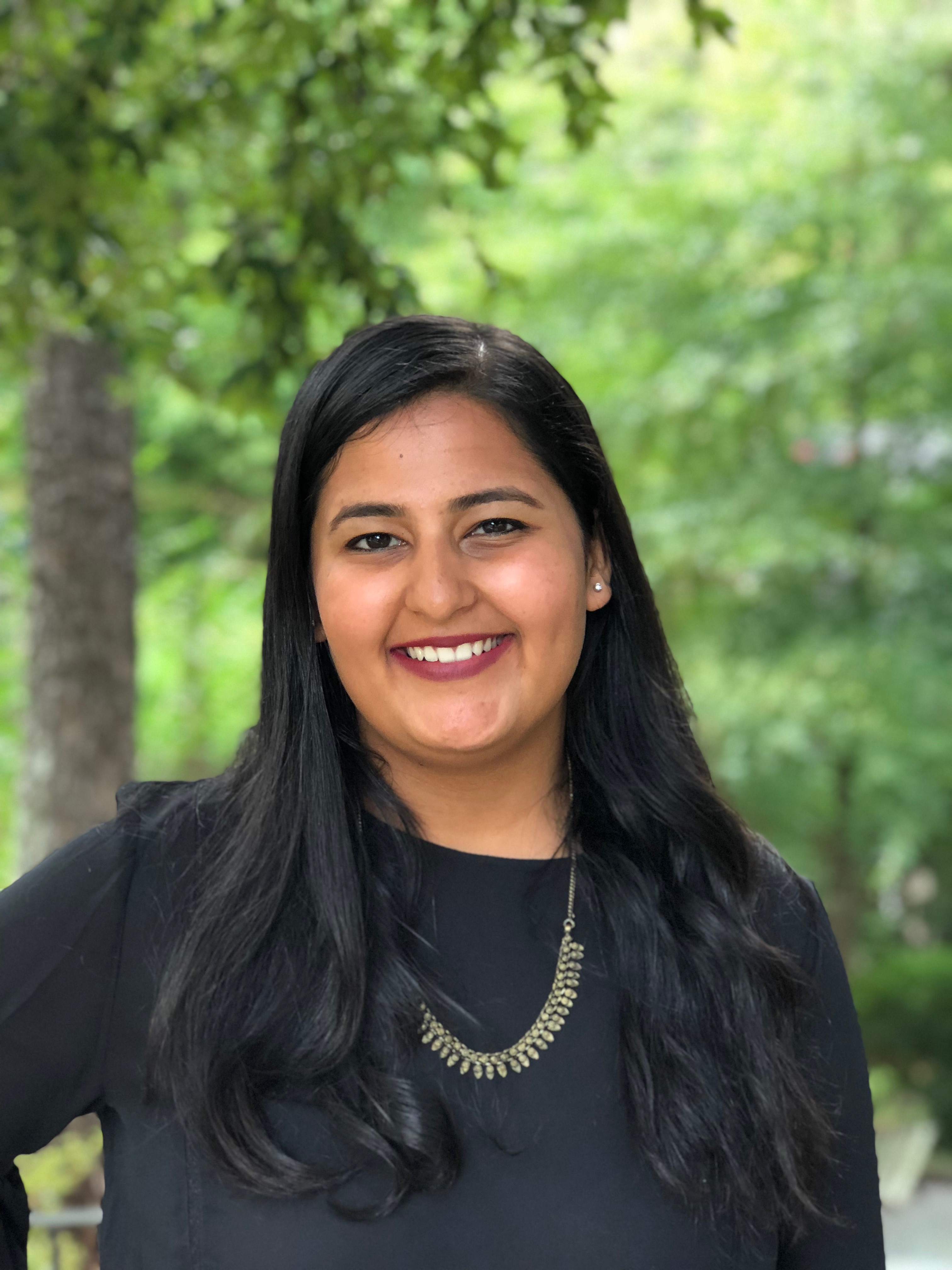
Ashwathi was born in India, and spent her formative years living across various cities around the world, before graduating from the American School of Las Palmas, Canary Islands, Spain.
Fellow STRATEC CONS
Candidate selected: Christoph Trenzinger
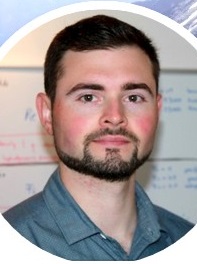
Christoph Trenzinger was born in Austria and started his academic career at the Swiss Federal Institute of Technology (ETH Zurich) in 2012. After two years at the department of Chemistry and Applied Biosciences in Zurich, he switched to the department of Biosystems Science and Engineering in Basel, where he continued with his studies in Biotechnology and obtained his MSc degree in February 2017. During his studies and throughout his master’s thesis, Christoph developed a strong interest in microfluidic devices, driven by the variety of applications that can be addressed with them, may it be for basic biological research or for in vitro diagnostics. For his master’s thesis he developed a microfluidic device for 3D culture of bone marrow cells in the lab of Prof. Timm Schroeder and gained experience in designing, producing and operating microfluidic chips. After finishing his MSc, Christoph stayed for another 6 months in this lab, before he started his PhD at STRATEC Consumables, a leading OEM supplier of smart polymer-based consumables, based in Salzburg (Austria). Christoph got accepted as an early stage researcher (ESR) in the EN-ACTI2NG European Training Network program and is currently enrolled at the Vienna Technical University (TUW, Prof. Gerhard Schütz). During his PhD he develops a microscopy compatible microfluidic device for trapping and manipulation of individual T-cells. Since 2012, Christoph enjoys volunteering as a Paramedic at the Austrian Red Cross, at which he also conducted his civil service. Hiking, skiing and diving belong to his favorite hobbies.
Fellow TUW
Candidate selected: Lukáš Veľas
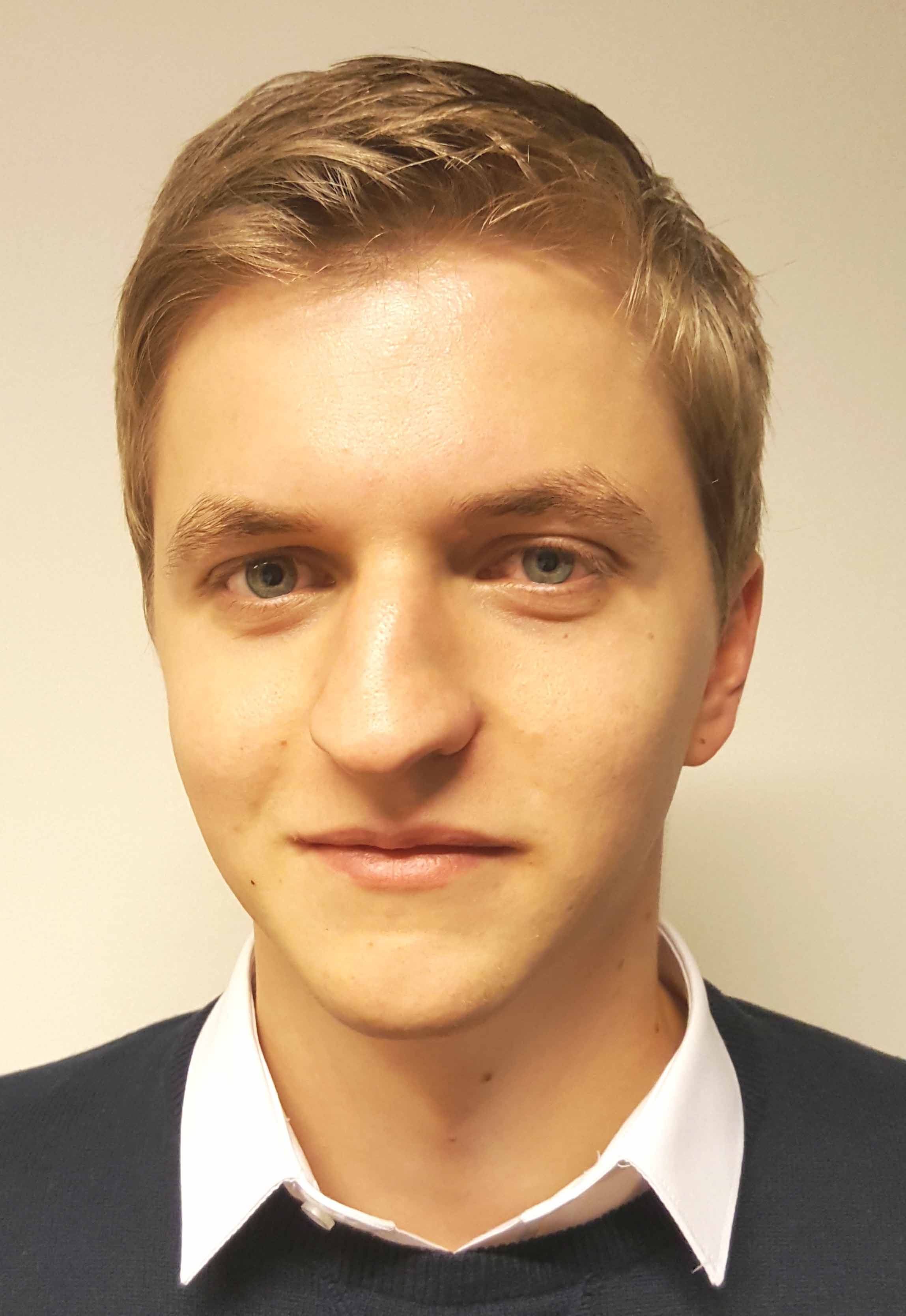 Lukáš has commenced his studies in Physics at Charles University in Prague in 2012. During three years long bachelors program he received good foundations in all the main disciplines of physics as well as mathematics and programming. Furthermore, he has gained practical experience in biophysical laboratories during student project and bachelor thesis.
Lukáš has commenced his studies in Physics at Charles University in Prague in 2012. During three years long bachelors program he received good foundations in all the main disciplines of physics as well as mathematics and programming. Furthermore, he has gained practical experience in biophysical laboratories during student project and bachelor thesis.Fellow MUW
Candidate selected: Timo Peters
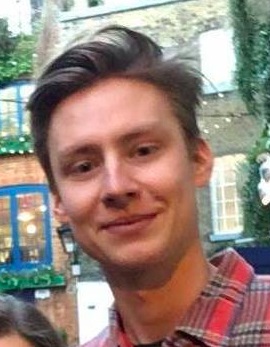
My name is Timo Peters, born and raised in Tilburg, the Netherlands. After finishing high school I moved to Utrecht to start a Bachelors in Biomedical Sciences at the University of Utrecht. Later I started a Masters in Biology of Disease at the same university. In the 2 years of my Masters I wrote my thesis at the NCI in Amsterdam and did my diploma at the Sir William Dunn School of Pathology in Oxford. Here I got acquainted with basic and translational research in T cell immunology. After being in contact with professor Johannes Huppa a couple of times I decided to start a PhD focussed on the molecular mechanisms of CAR-T cell cancer immunotherapy at the Medical University of Vienna.
Fellow LUMC
Candidate selected: Tassilo Wachsmann
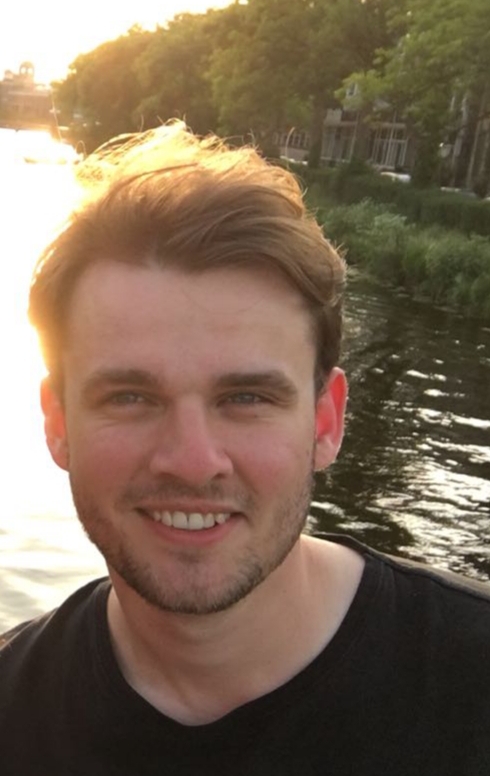
Fellow UHREG
Candidate selected: Jordan Hartley
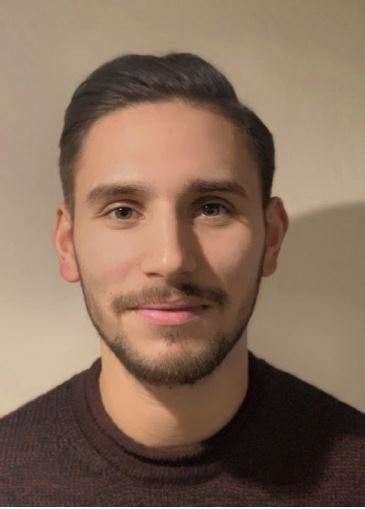 My academic career began at the University of Hull in the UK, where I studied a Bachelor’s of Science in Marine Biology. Throughout my BSc I began to develop a molecular therapeutic obsession, so much I was keen to broaden my knowledge and once graduated I enrolled as a Masters student in Biotechnology at the University of Salford, Manchester. My master’s studies provided me with an in depth knowledge in relation to the broad field of biotechnology. This created a snowball effect of interest to many therapeutic practices and more specifically immunology and immunotherapy.
My academic career began at the University of Hull in the UK, where I studied a Bachelor’s of Science in Marine Biology. Throughout my BSc I began to develop a molecular therapeutic obsession, so much I was keen to broaden my knowledge and once graduated I enrolled as a Masters student in Biotechnology at the University of Salford, Manchester. My master’s studies provided me with an in depth knowledge in relation to the broad field of biotechnology. This created a snowball effect of interest to many therapeutic practices and more specifically immunology and immunotherapy. After the completion of my MSc and having spent a total of 9 months with Immetacyte. Ltd where I had the chance to learn various techniques Dr. John Bridgeman forwarded me a great opportunity which then shaped my intent to continue my academic career and earn my PhD in Regensburg, Germany.
I am extremely proud to say I am a PhD student for Prof. Dr. Hinrich Abken at the RCI, Regensburg Centrum Fur Interventionelle Immunogie, within the University of Regensburg. Where I have the opportunity to enhance my knowledge, skills and practices along with contribution towards the European Network on Anti-Cancer Immuno-Therapy Improvement by modification of CAR and TCR Interactions and Nanoscale Geometry (EN-ACTI2NG).
Fellow UFR
Candidate selected: Rubí Misol-Ha Velasco Cárdenas
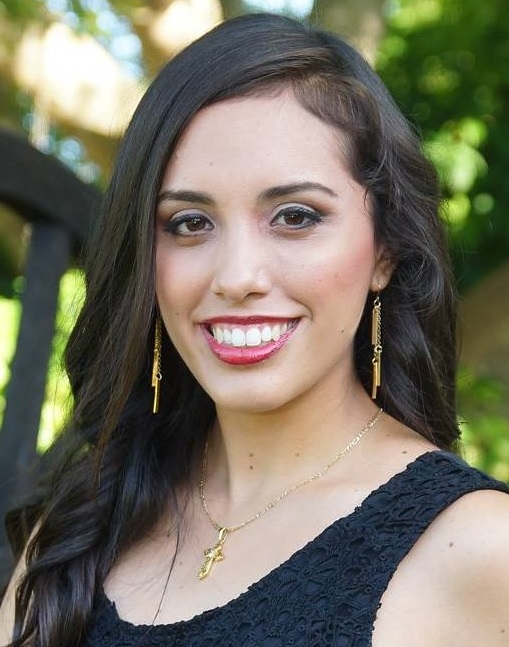
Rubí Misol-Há Velasco Cárdenas is a PhD student at the University Freiburg in Germany. After doing her bachelor’s degree in Mexico as Chemical Pharmaceutical Biologist, she moved to England to study the Master of Science in Cancer Immunology and Biotechnology. Impressed for this field, she decided to continue her PhD as part of the European Network on Anti-Cancer Immuno-Therapy Improvement by modification of Chimeric Antigen Receptor and T Cell Receptor Interactions and Nanoscale Geometry (ENACTI2NG). She is introducing new domains in the CAR T cells which might rise their activation and proliferation. The main aim of her research is to increase the killing ability of the CAR T cells towards cancer cells. Additionally, Misol is part of Acutún a group of Latin-American folkloric dancers which perform around Germany.
Fellow CSIC
Candidate selected: Ivaylo Balabanov
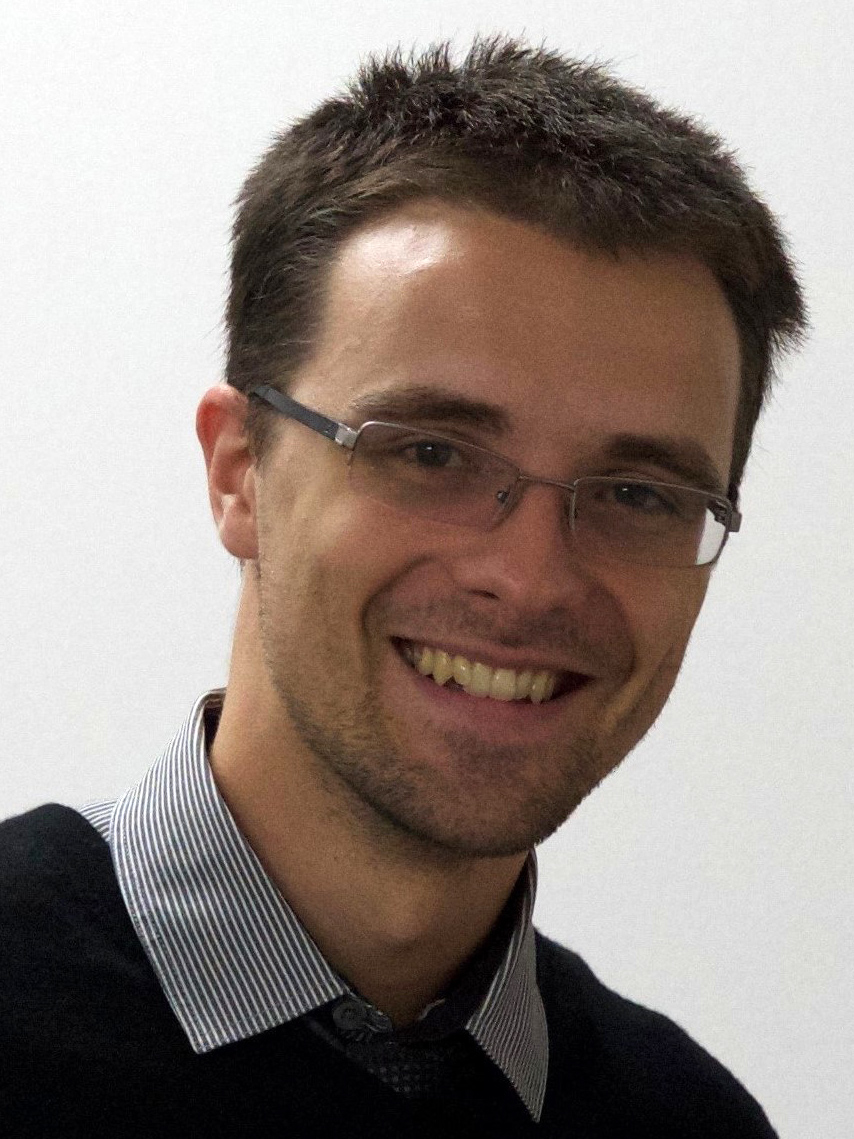
Documentation
Research Ethics
Code of Good Scientific Practices of CSIC (download)
NIH research ethics: https://researchethics.od.nih.gov/ConfirmBrowse.aspx
UWÜ Novel CAR formats with enhanced signaling and tumor recognition properties
Immunotherapy with CAR-modified T cells is emerging as a powerful therapeutic modality for advanced malignancies. Durable responses have been obtained in a subset of patients with B-cell malignancies after infusion of autologous T cells expressing a CD19-specific CAR, however not all patients respond equally well and the clinical outcome in trials that utilized distinct CD19-CAR construct is inconsistent. CARs are synthetic receptors of modular design, and the rules that govern antigen recognition and signaling by CARs and immune synapse formation between CAR T cells and tumor cells are still poorly defined. We have shown in previous work that CAR affinity and extracellular domain design affect tumor recognition and have established a CAR library to systemically study the influence of these and other parameters on CAR T-cell function. We have an ongoing productive collaboration with Johannes Huppa (Vienna, Austria) and are proposing to utilize a planar lipid-bilayer system and superresolution microscopy to derive more detailed insights into the function of CARs and inform the rational design of receptors with enhanced anti-tumor efficacy and safety. Our group has developed CARs for applications in hematologic and solid tumors incl. receptors specific for the CD19, CS1, BCMA, ROR1 and GD2 antigens, and set up methods for evaluation of CAR T cell function in vitro and in murine tumor models incl. bioluminescence imaging to analyze the engraftment, migration and anti-tumor efficacy of CAR T cells in vivo. Project's objectives are a) the visual and quantitative analysis of antigen binding, sensitivity and signaling through CARs, in comparison to ‘conventional’ TCRs in the same T cell, b) the investigation of the influence of CAR affinity and extracellular domain design on immune synapse formation between CAR T cells and tumor cells and c) the determination of the range (upper/lower threshold) in which superior antigen binding, sensitivity and signaling of CARs translates into enhanced anti-tumor efficacy in vitro and in vivo. We are confident to provide an excellent and inspiring training opportunity in translational oncology, and contribute to the advancement of CAR T-cell therapy to the benefit of our patients.


